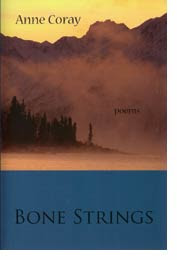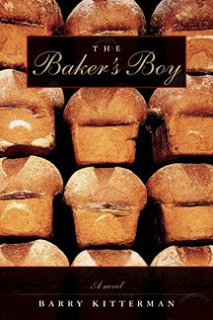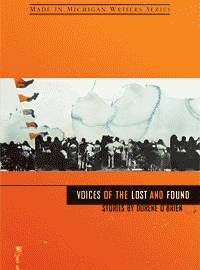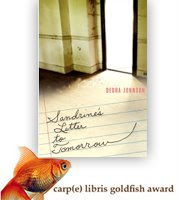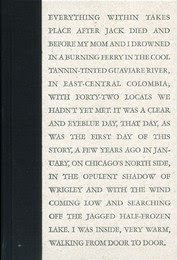
Muriel Spark’s work can be found in every corner of the literary world: Novels, short stories, poetry, reviews, and many other written forms, best known for her novel The Prime of Miss Jean Brodie. Walking on Air, Cahier 2 of The Cahier Series published by Sylph Editions, was brought into being shortly after Spark’s death. These collected works of both poetry and prose were organized by Dan Gunn, some of them being published for the first time. Gunn’s process of pulling the pieces together for a cahier is what he hopes is its own sort of translation, and I must agree.
Walking on Air features a few images of the author’s handwritten pages, complete with scribblings and rewrites, which was of particular interest to me. Most of my reviews and other writings are first handwritten (as is this one) with many such scratched out and reworded phrases. To see the written notes of someone of Spark’s caliber is certainly fascinating to any writerly mind.
The reader will also enjoy a few journal entries in which Spark discusses ideas for short stories and tidbits about her daily writing life. These entries are followed by a wonderful short story called The Ormolu Clock, which was discussed in the preceding journal entries.
Walking on Air wraps up with a few more pieces by Spark, including a short work on artist Piero della Francesca. Overall, this collection gives a unique look into the life of a great writer, leaving the reader with a sense of having had a personal encounter with Muriel Spark herself.

